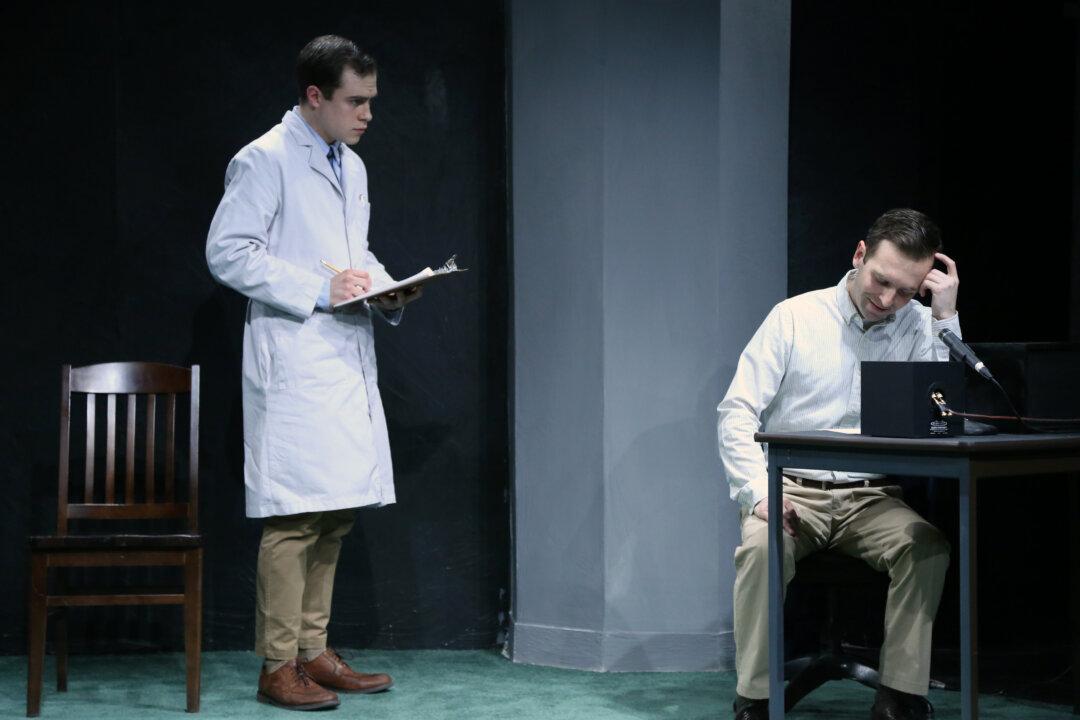NEW YORK—Social psychology professor Stanley Milgram’s experiments at Yale University in the 1960s were ostensibly to determine if punishment could be utilized to make people learn more effectively. The tests determined far more than that. They delved into the human spirit so deeply that they are still debated to this day
Playwright Frank Basloe has created characters, some based on real people, some fictitious, that illustrate the participants’ varied points of view toward the experiments.
How many of us can stand and be counted when it involves going against the tide?




